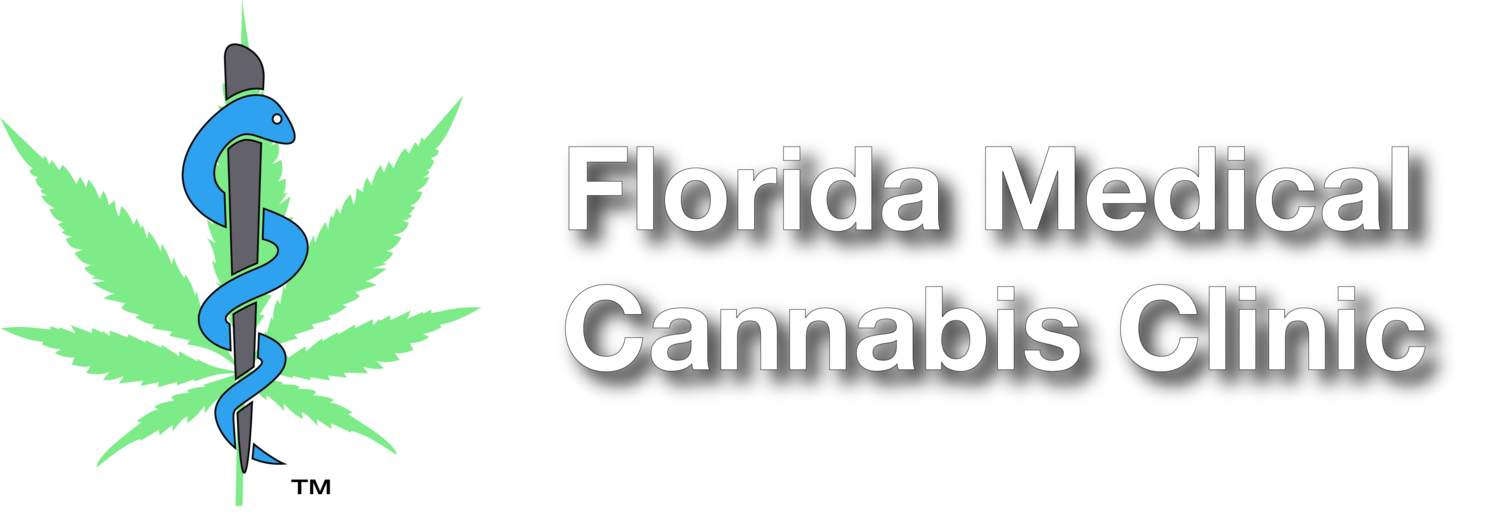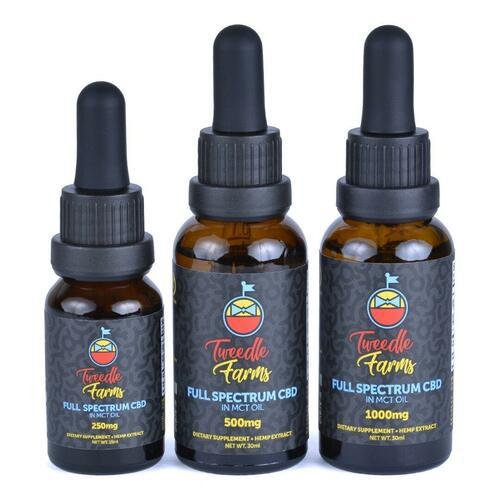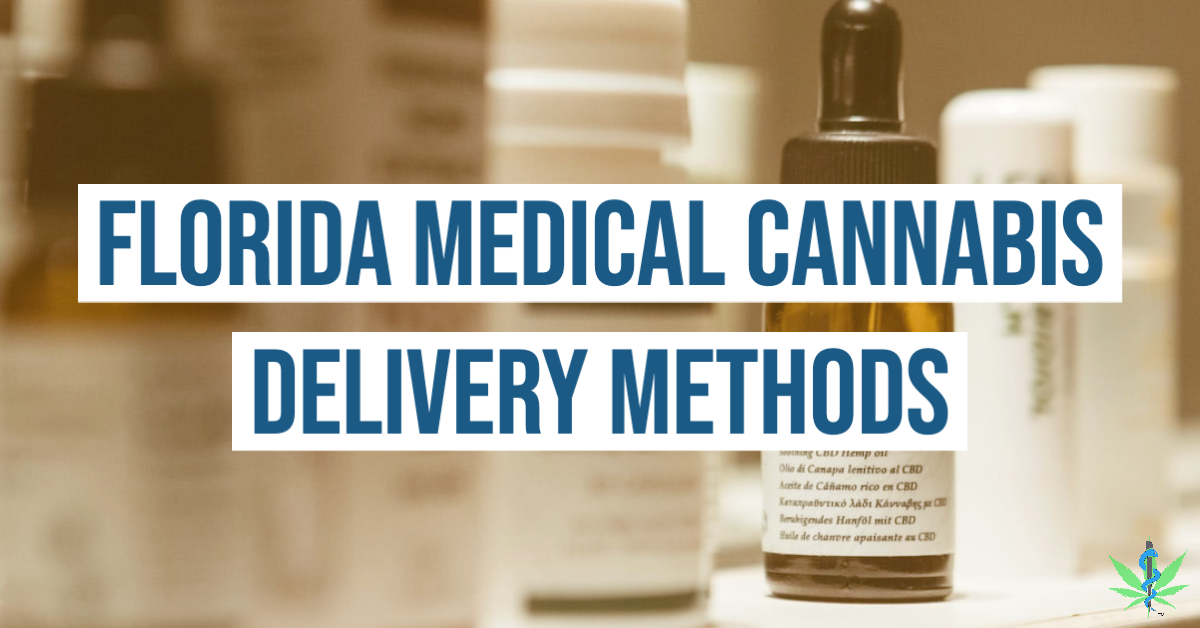With an array of health benefits, it’s no wonder that CBD is all the rage. From gas stations to doctor’s offices, it’s everywhere. We know it can be a bit overwhelming trying to sift through all the conflicting information and choose a quality CBD product. In this post,, we’re answering all of your top CBD questions.
What is CBD?
Called CBD for short, cannabidiol is a major cannabinoid and primary active compound found in the cannabis plant. Unlike THC, CBD does not produce euphoric or impairing effects. It can be consumed in a variety of forms, including smoked or vaporized dried flower, oils, tinctures, edibles, and more. The 2018 Farm Bill expanded the availability of commercially available CBD, legalizing hemp derived CBD products with less than .3% THC.
What is CBD helpful for?
The medication Epidiolex, is currently the only FDA approved CBD medication on the market. It’s indicated for the treatment of seizures associated with Lennox-Gastaut syndrome, Dravet syndrome, and tuberous sclerosis complex in patients 1 year or older.
While more research is needed, CBD is also believed to be helpful for:
Inflammation
Anxiety
Depression
PTSD
Pain management
Cancer and cancer related symptoms
Neuroprotection
Blood pressure
Addiction
Inflammatory skin conditions
Full Spectrum Hemp CBD Gummy Edibles
What is CBD Isolate?
CBD isolate is pure CBD. Unlike broad and full-spectrum CBD oils, CBD isolate contains no other compounds or ingredients other than isolated CBD. It’s most appropriate for users who need to avoid even trace amounts of THC. Due to the lack of entourage effect, higher doses may be required.
What is Broad Spectrum CBD?
Broad Spectrum CBD contains other compounds found in the cannabis plant, including other cannabinoids and terpenes, but excludes THC. Broad Spectrum CBD is most appropriate for users who need to avoid even trace amounts of THC.
What is Full Spectrum CBD?
Full Spectrum CBD contains other compounds from the cannabis plant, including trace amounts of THC. When purchasing CBD, this is typically the ideal option. If you cannot consume trace amounts of THC or are concerned about drug testing, it’s best to avoid Full and Complete Spectrum products.
What is Complete Spectrum?
Complete spectrum products are a newer offering from our preferred CBD brand, Tweedle Farms. Complete spectrum products are a step up from Full Spectrum CBD. These products include added cannabinoids and plant compounds as opposed to what is traditionally found in Full Spectrum products. These are added to enhance the entourage effect
CBD is often used to help pets with pain and anxiety.
Which is better: Isolate, Broad, or Full Spectrum CBD?
Research and patient experience have led us to the ‘entourage effect,’ the idea that cannabis works best as a sum of all it’s parts. This means that consuming products with other plant compounds increases the health benefits of CBD. To maximize the potential benefit, it’s always best to consume cannabis products that contain the widest spectrum available, Full or Complete Spectrum.
What are the benefits of CBD isolate and Broad Spectrum CBD?
These products are best for individuals looking for the benefits of THC, but need to avoid THC. Higher doses may be required when compared to full spectrum products.
Does CBD oil get you high?
No, CBD will not produce a high, cause any impairment, or euphoric effects.
Is CBD psychoactive?
While CBD will not get you high, it is psychoactive. Many patients find it calming and helpful for anxiety and depression.
Grower handling a Hemp Plant
What is hemp?
Hemp is the legal term for cannabis plants with less than .3% THC by dry weight. While often referred to as different plants, hemp and cannabis are technically the same biological plant. Hemp is typically used to refer to cannabis plants low in THC and rich in CBD. Hemp can be grown for consumption or industrial uses like rope and textiles.
Should CBD be third-party tested?
Absolutely. All CBD should be tested by a third-party lab, and results (Certificate of Analysis) should be available to consumers for review before purchasing. The FDA does not currently regulate CBD products, so labels aren’t always accurate. Finding a trustworthy company that provides third-party testing results is essential for safely consuming CBD.
Does CBD have any side effects?
Some users report side effects, including dry mouth, low blood pressure, nausea, and fatigue. Side effects may be a function of dose and are typically mild.
What is hemp seed oil?
Industrial Hemp seeds used in Hemp seed oil.
Hemp seed oil is different from CBD oil or hemp-derived CBD oil. Hemp seed oil is used for culinary applications, made by cold pressing hemp seeds. Hemp seeds do not contain CBD and instead are rich in polyunsaturated fatty acids. While hemp seed oil does not contain CBD, it is sometimes used as a carrier oil for CBD.
What are terpenes?
Terpenes are aromatic compounds found in plants that are believed to have health benefits. While terpenes are found in a wide variety of plant species, they are present in high concentrations in the cannabis plant. Terpenes and cannabinoids work together to produce therapeutic effects. Terpenes are often destroyed during the extraction process. However, they can be collected to be added back into cannabis and CBD products. Some companies use non-cannabis-derived terpenes as cannabis-derived terpenes can be costly. Natural, or botanical terpenes, can be sourced from various plants.
IS IT REALLY THAT IMPORTANT?
We’ve been recommending cannabis medicine for patients for over five years. Overwhelmingly, our patients who are using daily CBD in conjunction with other cannabis medications report far better relief than those who don’t. Personally - I see a huge difference when I take it consistently (and I bet my husband would agree). Right when I think it’s never going to work, I start feeling better. It takes a few weeks of consistency to do its work, but I’m calmer, more relaxed, easier to be around, and have less pain.
Post Written By: Kristina Risola, MA, CRC, NBC-HWC









